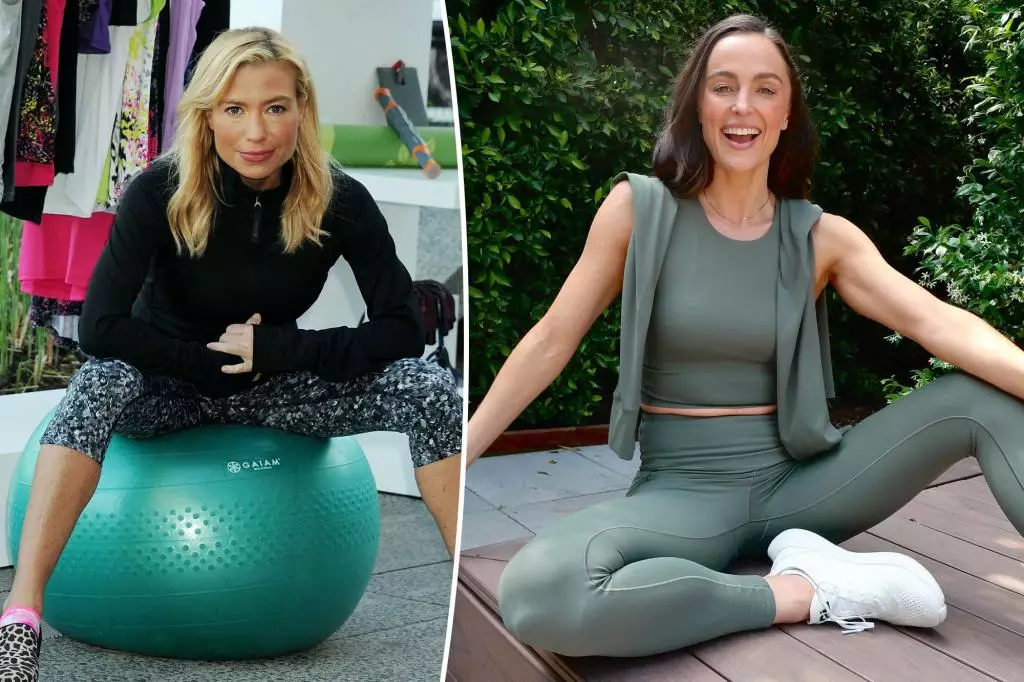In the vibrant world of celebrity fitness, competition can get fierce, both in the gym and in the courtroom. Tracy Anderson, a renowned fitness expert known for her high-profile clientele including A-list stars like Gwyneth Paltrow and Jennifer Lopez, has found herself embroiled in a legal battle with Megan Roup, another fitness authority celebrated for training models such as Miranda Kerr. The clash began in 2022 when Anderson launched a lawsuit against Roup, accusing her of copyright infringement, breach of contract, and misleading advertising, among other allegations. This showdown between two industry titans has drawn considerable attention, revealing not only the personal conflicts between high-achieving professionals but also the complexities of copyright in the fitness domain.
Recently, developments in this high-stakes legal drama have surfaced, indicating that both parties have reached a confidential settlement regarding the breach of contract claims. This resolution marks a critical point in the ongoing saga, suggesting that at least some aspects of the dispute can be laid to rest. The lawyers representing both parties have publicly commented on the resolution, indicating a legal truce on certain issues while maintaining a fierce commitment to protecting their clients’ interests. Anderson’s attorney, Gina Durham, expressed satisfaction with the settlement but emphasized that their pursuit of copyright protection for Anderson’s choreography is far from over. This distinguishes Anderson as a staunch advocate for her creative rights, suggesting that her battle is rooted not only in personal affront but also in broader implications for creators across the fitness industry.
Anderson’s legal journey has encountered both victories and setbacks. Earlier in the case, a court dismissed her copyright infringement claims, a decision that must have felt like a significant blow to her and her team. Furthermore, the court sided with Roup on various claims, including those related to false advertising, leading Anderson to incur legal costs amounting to nearly $164,000. Such financial and reputational stress is a risk inherent in the fitness industry, where personal brands are deeply tied to one’s public image and intellectual property. While Anderson may have achieved some resolution in settling parts of the case, her decision to appeal the dismissal of the copyright claim reinforces her commitment to the principles of originality and ownership in a space where ideas and routines are frequently shared and adapted.
As the courtroom drama unfolds, the implications of this case could resonate beyond just the parties involved. Should Anderson succeed in her appeal, it could set a precedent regarding copyright issues within the fitness industry, potentially impacting countless trainers who strive to innovate. The outcome could serve as a reminder that even in a world dominated by physical prowess, intellectual property remains a critical battleground. As both fitness experts prepare for the next stages of litigation, the fitness community watches closely, recognizing that this conflict may redefine how creativity is protected in the realm of exercise instruction. The journey is still ongoing, and as both sides prepare for what comes next, the stakes remain higher than ever.

